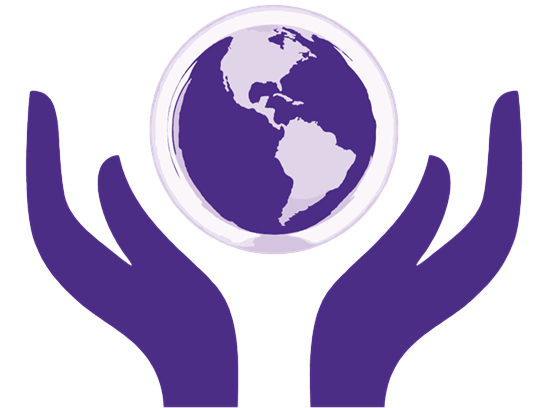“The practice of native religions take place throughout the world. Among the Ainu in far northern Japan, the Inuit (Eskimo) in Canada, the aboriginal peoples of Australia, the Maori of New Zealand, and the many indigenous peoples of Africa and the Americas, religious teachings have been passed on primarily by word of mouth rather than through written texts. In some areas, the ancient religious ways of traditional peoples may not be easily apparent, but certain characteristics may live on in local stories and customs.”
Michael Molloy, Experiencing the World’s Religions: Tradition, Challenge, and Change, 5th ed. (New York: McGraw-Hill Higher Education, 2010), 37.
“Indigenous religions exists generally within holistic cultures, in which every object and act may have religious meaning.”
Molloy, Experiencing the World’s, 40.
“Most indigenous religions have sprung from tribal cultures of small numbers, whose survival has required a cautious and respectful relationship with nature. In the worldview of these religions, human beings are very much a part of nature. People look to nature itself (sometimes interpreted through traditional lore) for guidance and meaning.”
Molloy, Experiencing the World’s, 41.
“A taboo is a rule that forbids specific behavior with regard to certain objects, people, animals, days, or
Molloy, Experiencing the World’s, 52.
phases of life. Taboos represent a codification of the social and religious order.”
“A shaman acts as an intermediary between the visible, ordinary world and the spirit world. The shaman can contact this realm, receive visions of it, transmit messages from it, often to help or heal others.”
Molloy, Experiencing the World’s, 57.
“In native African religions and their Caribbean offshoots, powerful but invisible spiritual forces are believed to be able to do either great good or tremendous evil. These powers are directed by diviners and healers through incantations, figurines, and potions in what is sometimes called sympathetic magic.”
Molloy, Experiencing the World’s, 60.
“Spiritual powers and trance states are believed to make it possible to look into the past and future, a process called divination (from the Latin divus, “god” and divinare, “to foretell”).”
Molloy, Experiencing the World’s, 60.
